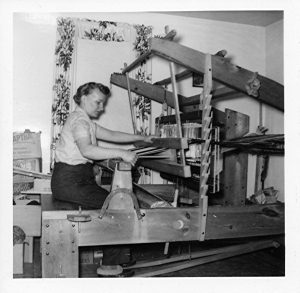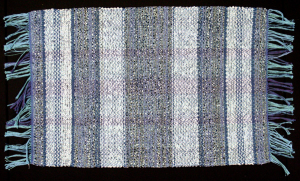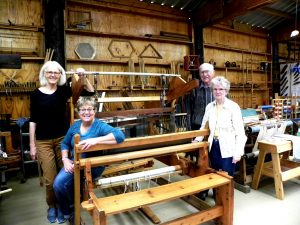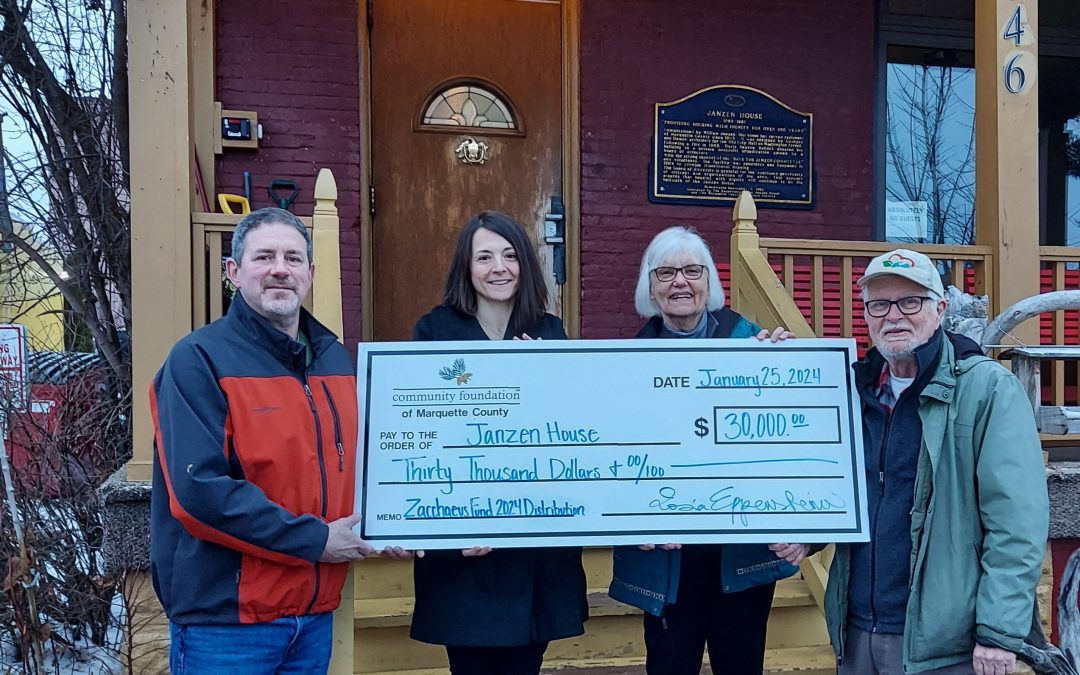
The Zacchaeus Fund Distributes $180,000 to Local Nonprofits Working to Fight Homelessness and Assist People in Recovery
Every person deserves a safe place to fall asleep at night. With frigid weather blanketing the area, this reality is pushed to the forefront, and we are thankful for local nonprofit organizations working to address homelessness and provide recovery support and safety for vulnerable individuals seeking emergency and transitional housing. The Community Foundation of Marquette County (CFMC), on behalf of the Zacchaeus Fund, is pleased to announce the distribution of $180,000 in grants to nonprofits across Marquette County to support the important work of fighting homelessness and assisting people in recovery. The Zacchaeus Fund recipients include Great Lakes Recovery Centers for $50,000, The Women’s Center of Marquette for $40,000, Janzen House $30,000, the Room at the Inn $30,000 and Superior Connections RCO $30,000.
“This generosity is of great significance.” shares Zosia Eppensteiner, CFMC CEO, “The Community Foundation of Marquette County feels humbled and grateful to partner with anonymous donors who have established The Zacchaeus Fund to support local nonprofits who work to address the issues of homelessness and recovery.”
Jennine Frazier, Executive Director at the Women’s Center stated, “From the bottom of our hearts, thank you to the Community Foundation who helped establish a fund where caring community members can make a real and impactful difference in the lives of survivors of domestic and sexual violence. The donors who are part of this fund understand the critical needs in our community.”
The Zacchaeus Fund was established to address the cycle of addiction and homelessness and support vulnerable populations toward recovery and stable housing. In partnership with the Community Foundation of Marquette County, The Zacchaeus Fund has provided invaluable support for these nonprofits and their missions both with this immediate grant funding and the goal of growing this fund to support these issues in the long-term.
left to right Brent Clark, Director, Janzen House; Zosia Eppensteiner, CEO, Community Foundation of Marquette County; Susan Payant, President, Janzen House; and Robert Kulisheck, Vice President, Janzen House.
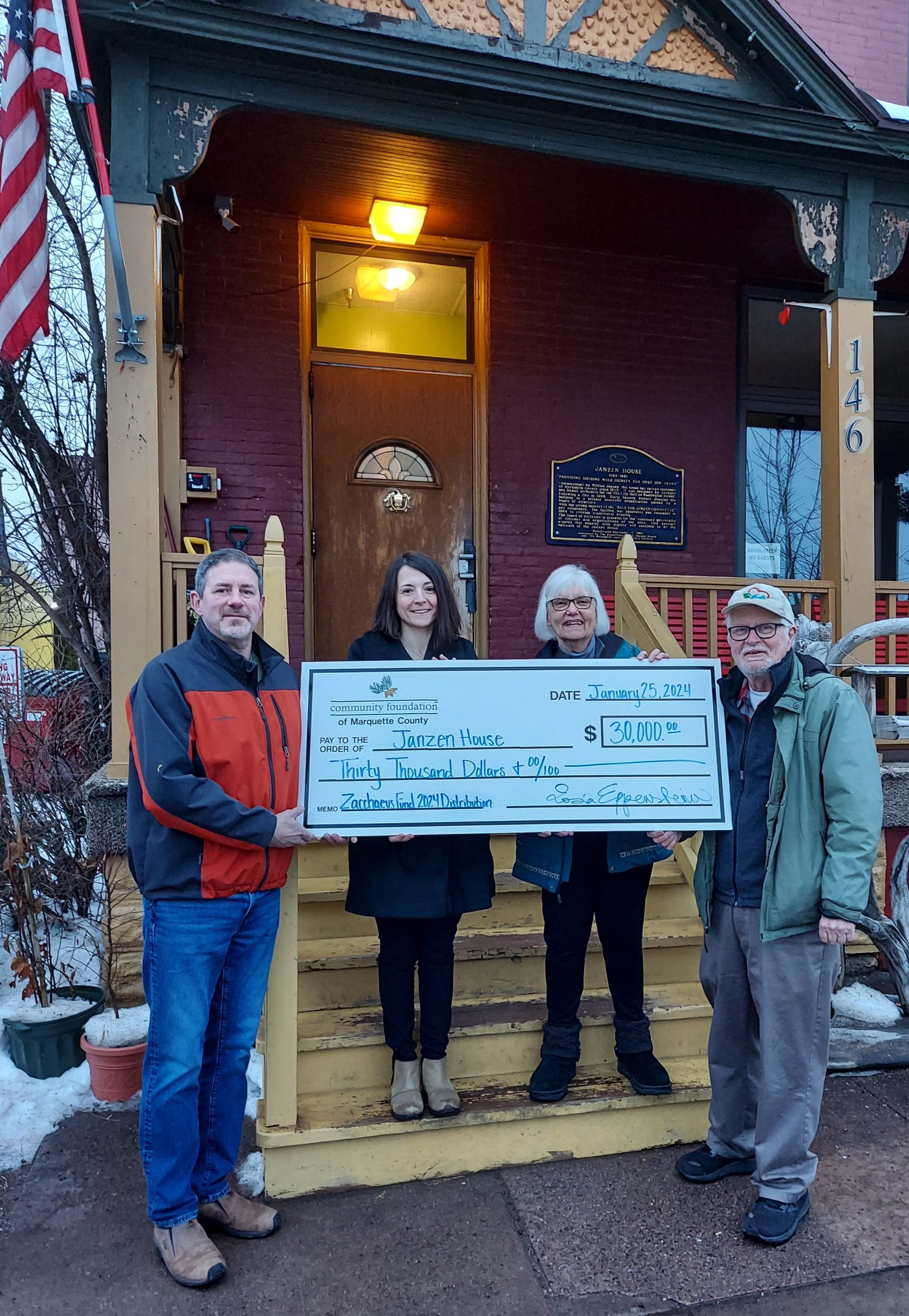
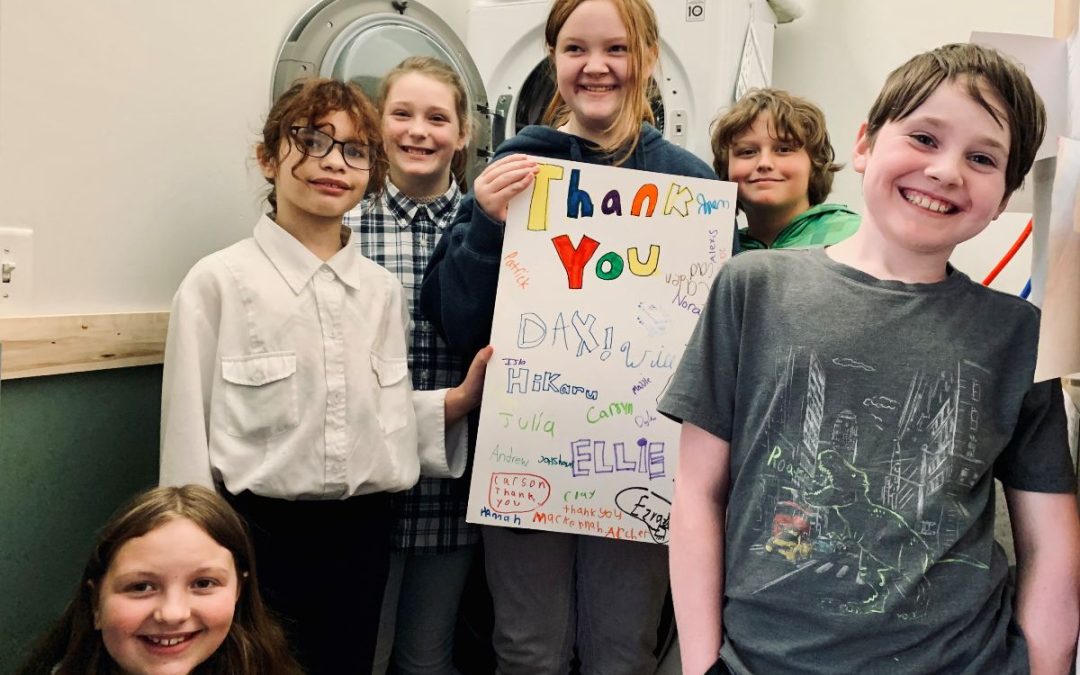
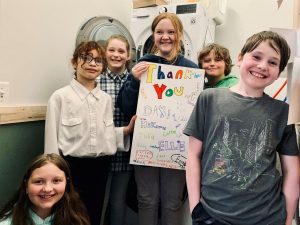 North Star Montessori Academy students, who are enjoying the school’s
North Star Montessori Academy students, who are enjoying the school’s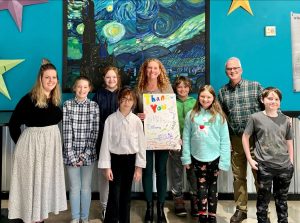 North Star Students with Pathways to Potential Coach Megan Coombs (left), Superintendent/Principal Andrea Ballard (center) and Dean of Students Dave Gilbert (right).
North Star Students with Pathways to Potential Coach Megan Coombs (left), Superintendent/Principal Andrea Ballard (center) and Dean of Students Dave Gilbert (right).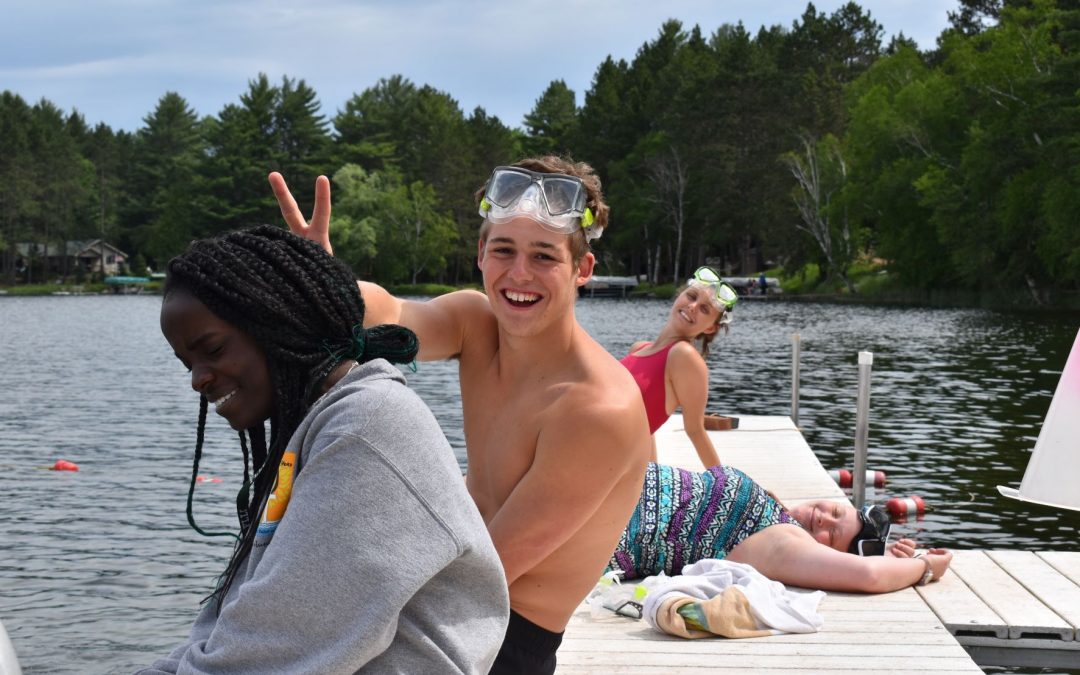
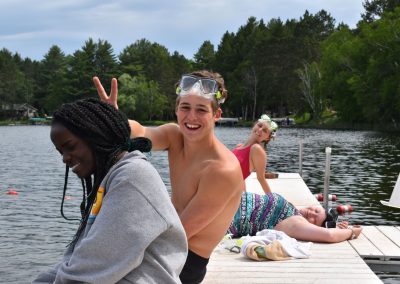
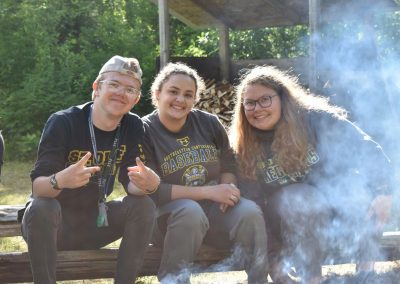
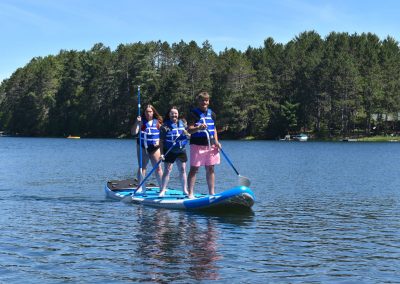
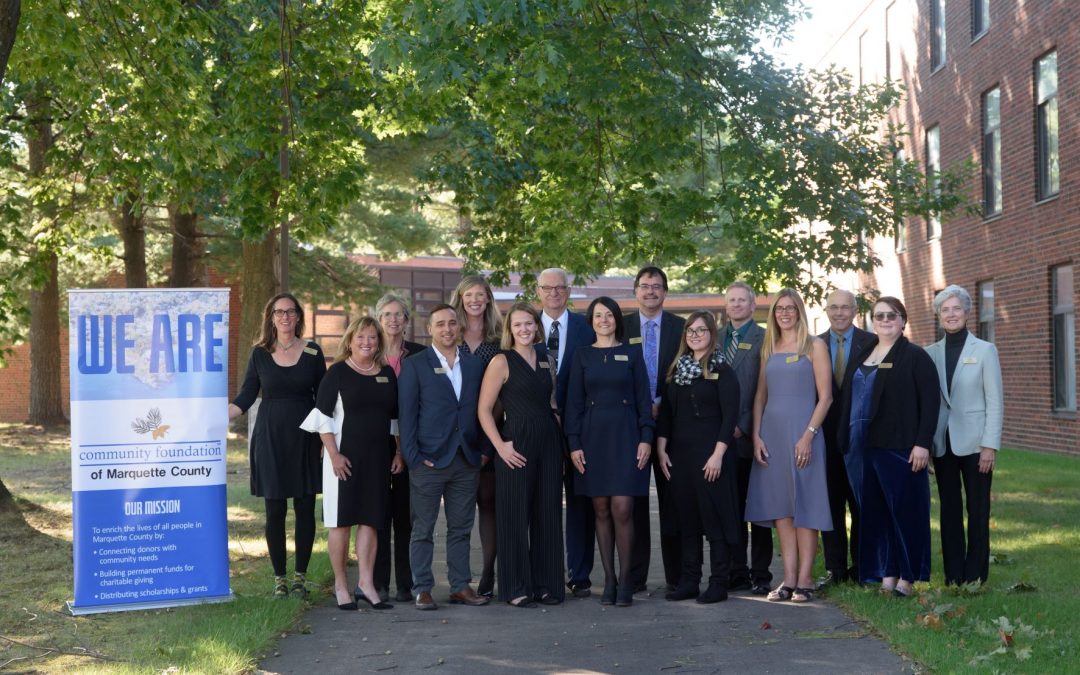
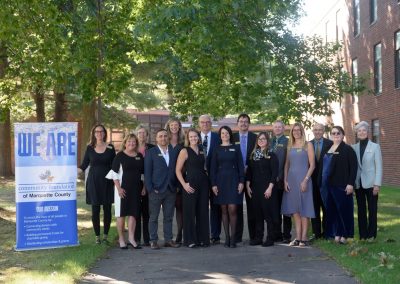
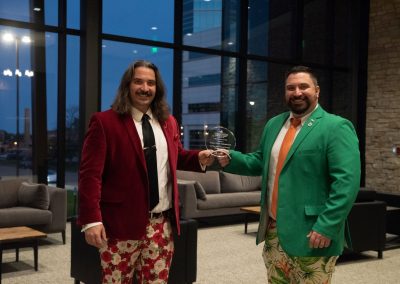
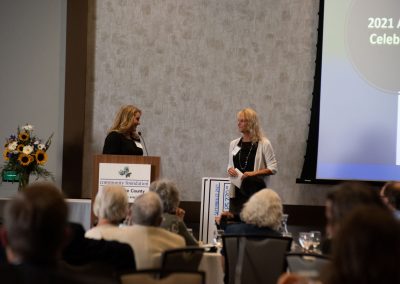
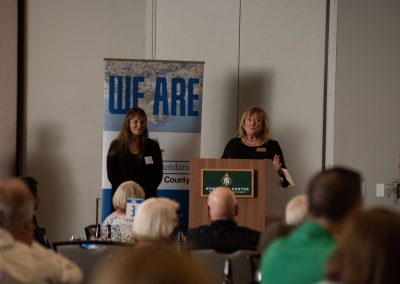
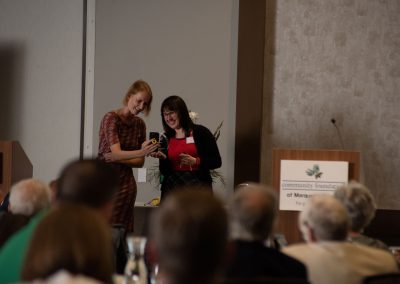
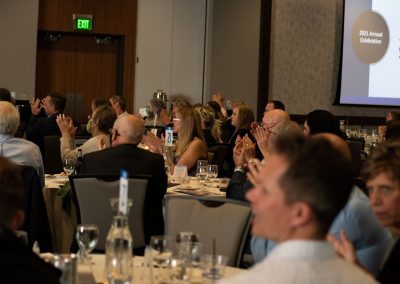
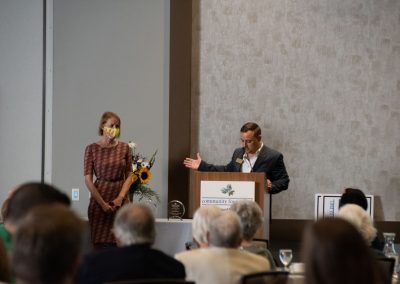
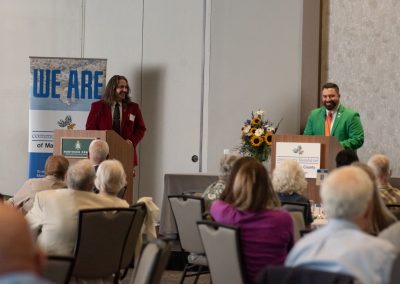
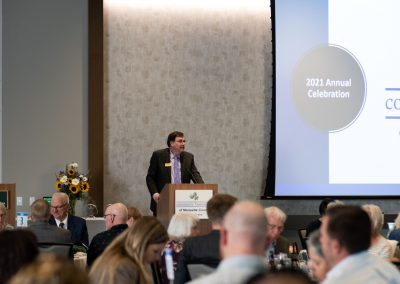
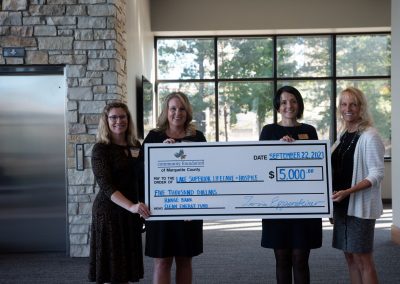
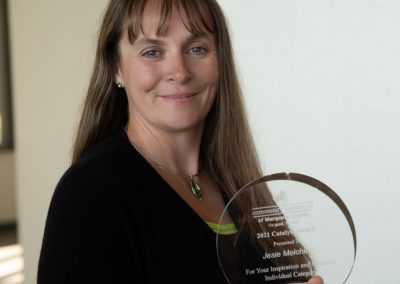
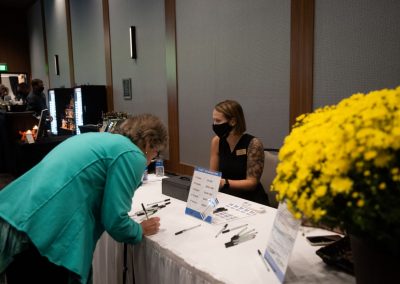
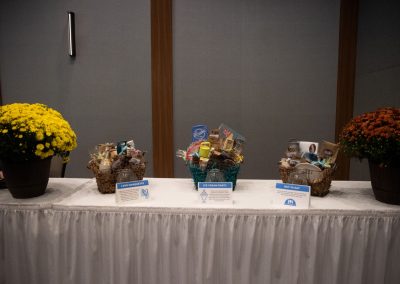
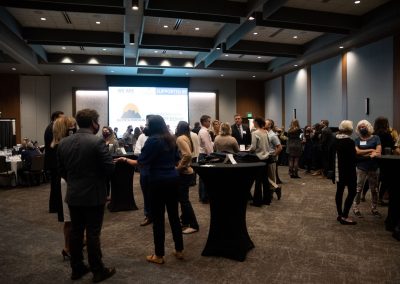
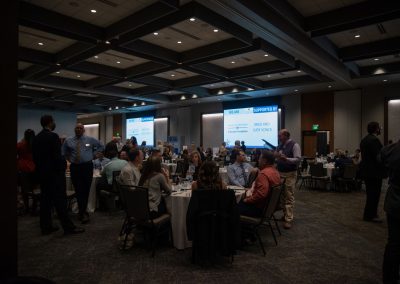
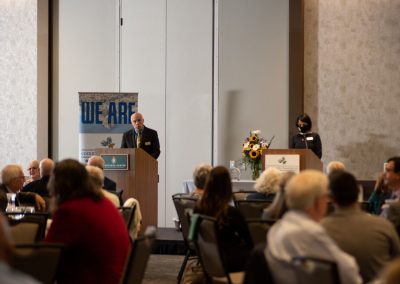
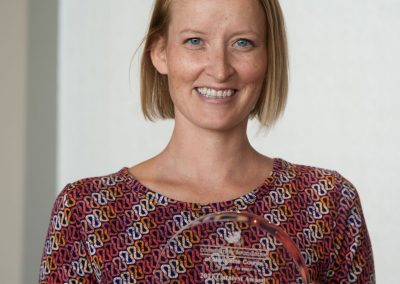
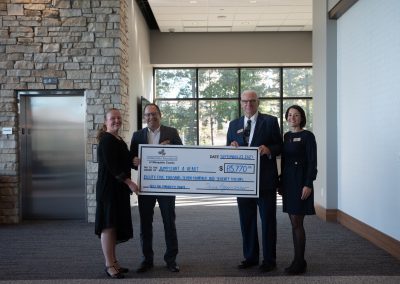
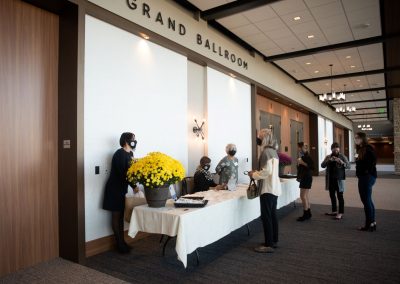
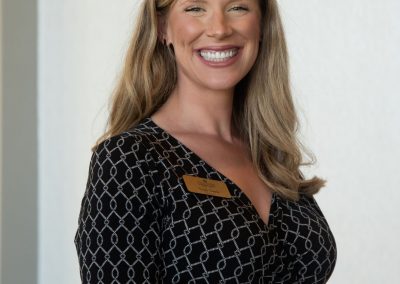
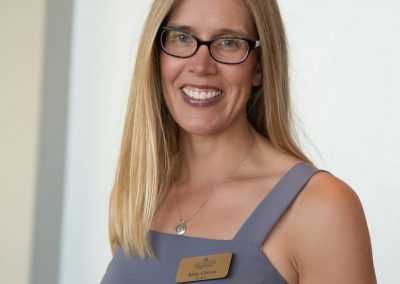
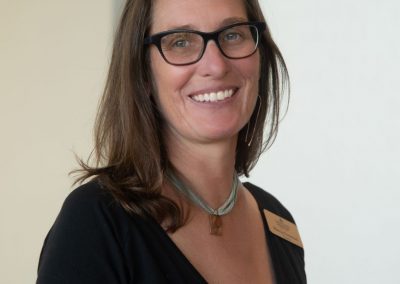
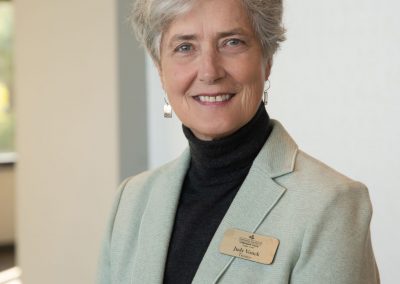
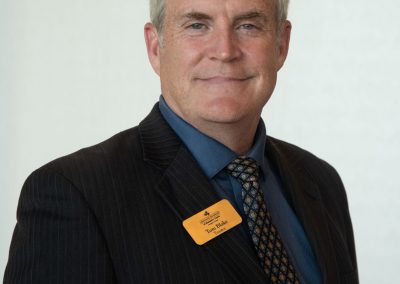
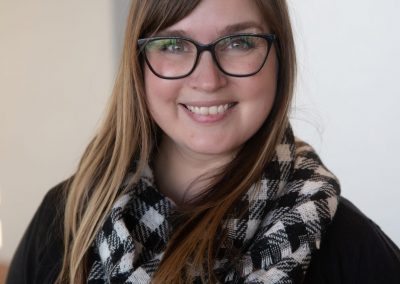
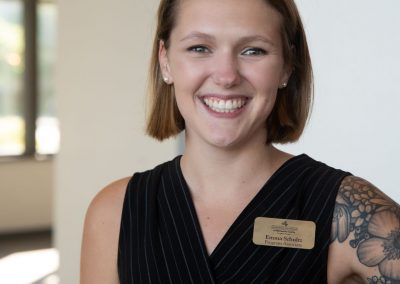
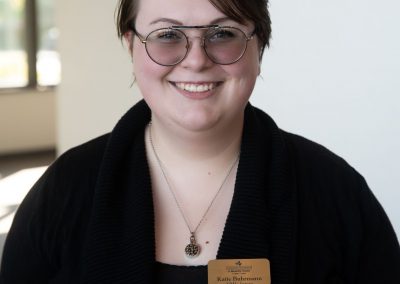
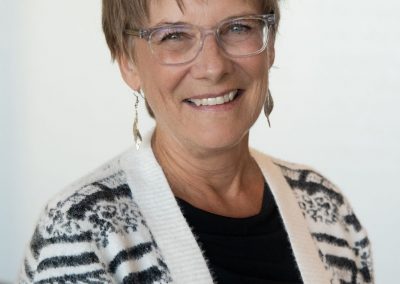

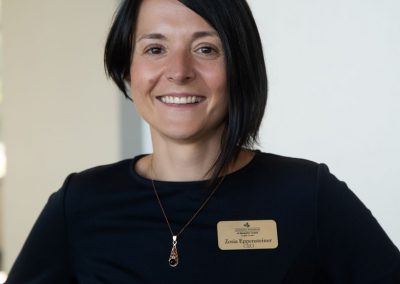
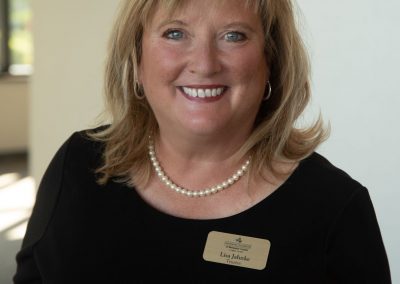
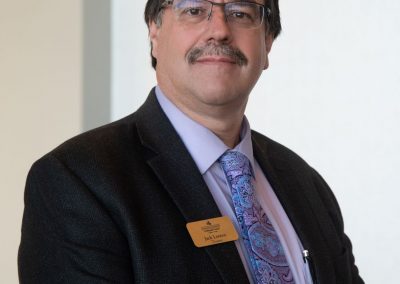
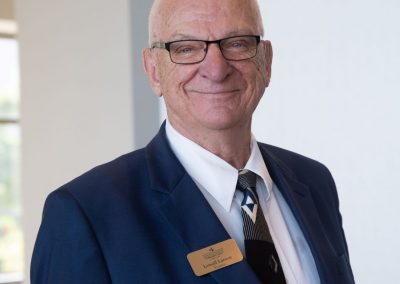

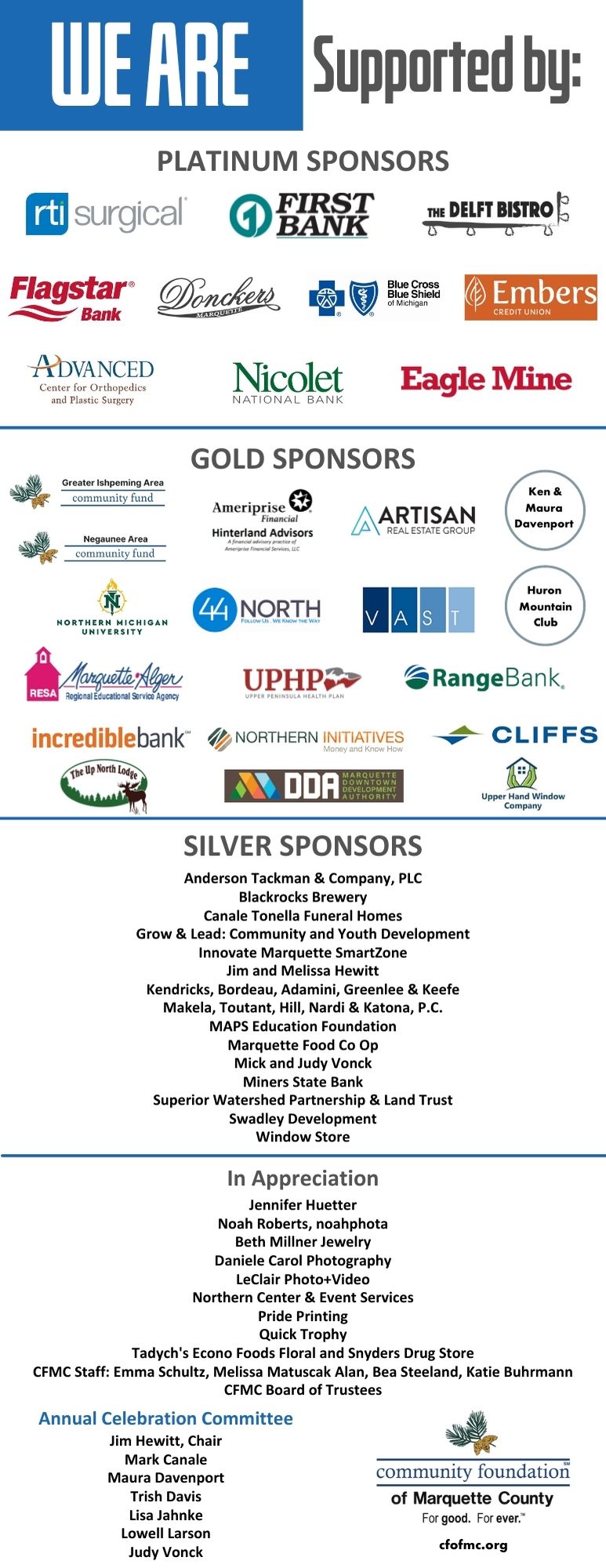
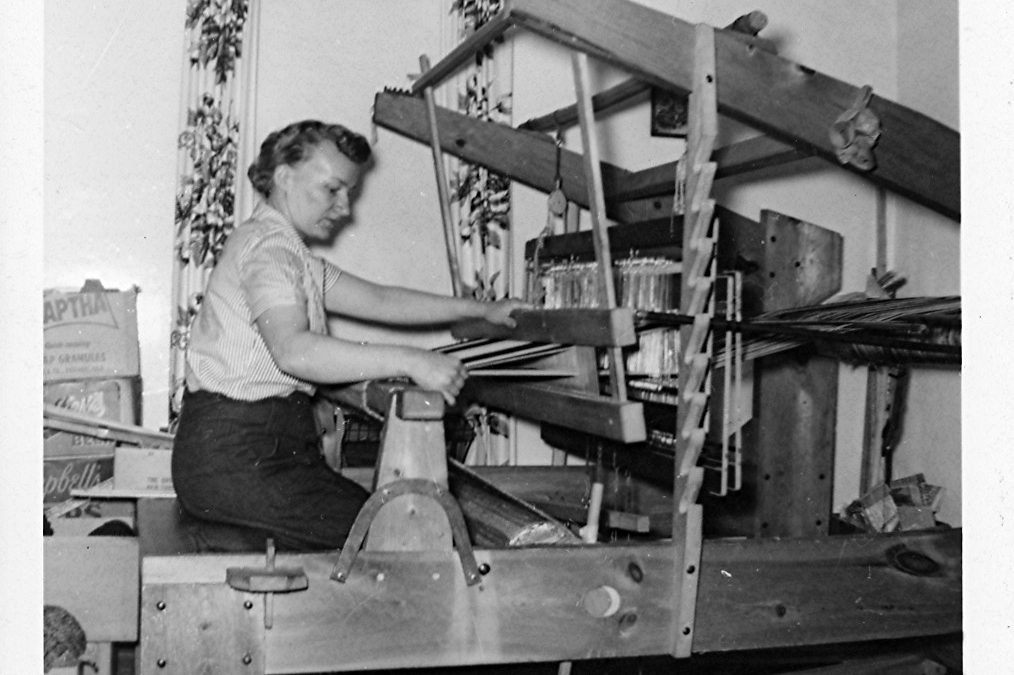
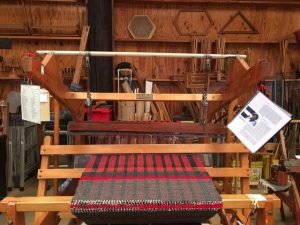 A loom made by Matt Riihinen in Negaunee during the winter of 1945-1946.
A loom made by Matt Riihinen in Negaunee during the winter of 1945-1946.